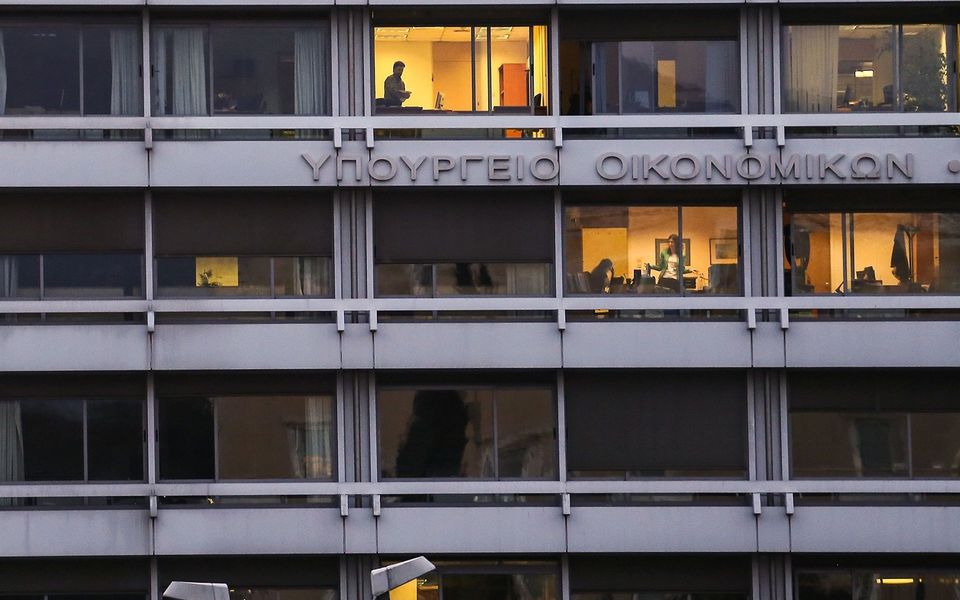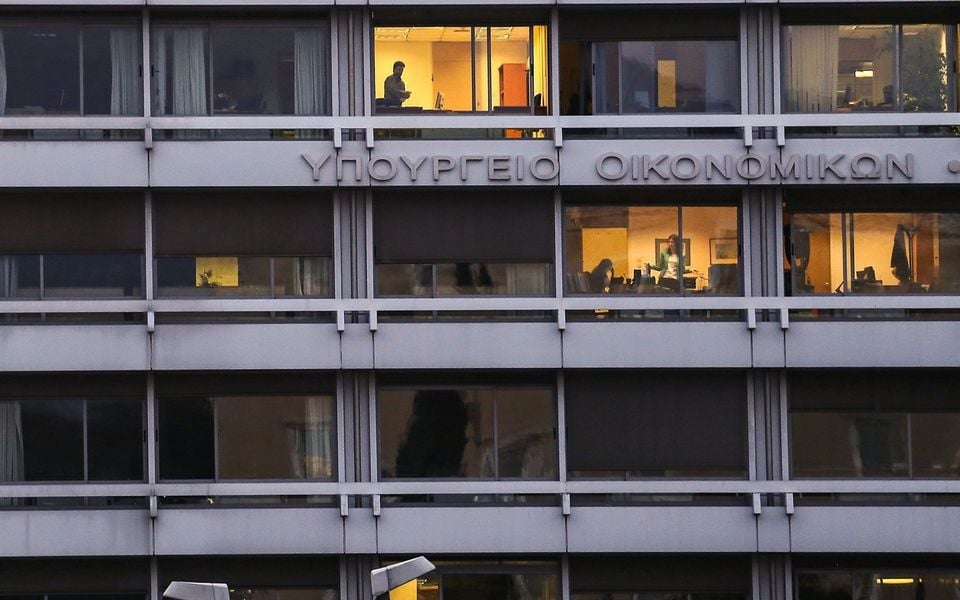
Finance Ministry officials want to avoid any more promises on provisioning, as the six-monthly visit of the eurozone institutions is expected in March as part of the simple post-program supervision, while a series of rating agency assessments are imminent.
The latest data about the 2025 budget are narrowing the options about how much money will be diverted to handouts and which ones.
Prime Minister Kyriakos Mitsotakis is expected to announce a €1.5 billion package at the Thessaloniki International Fair on September 6, in a keynote speech where prime ministers lay down their economic policy priorities for the coming year.
For the government, this year’s handouts are critical. In announcing them, they hope they will make up the political cost of mistakes made since the 2023 elections and the farm subsidies scandal, allowing them to lay the ground for a third consecutive term in 2027.
According to the budget implementation data from January-July 2025, the primary surplus (which excludes servicing of the country’s debt) was €1.203 billion more than initially estimated. This has allowed the government to revise the full-year surplus goal to 3.2% of the country’s GDP from 2.4% estimated in the draft budget last year. This would mean exceeding the surplus target by €3 billion, including the €1.1 billion in handouts, mostly in favor of low-income pensioners and renters, announced in April. Thus, the government would have to find some €1.8 billion in extra revenue from August to December 2025. Finance Ministry officials say this is achievable. They also believe that the trend toward higher-than-expected revenue will continue in 2026, allowing for another batch of handouts next year.
The Ministry of Finance and the Prime Minister’s Office are in constant contact to finalize the measures to be announced. At this point, they include tax breaks for the middle class, especially for families with children. They are said to include a new tax bracket between the low-end 9% on incomes under €10,000 and the 22% imposed on incomes between €10,001 and €22,000. The top rate, of 44%, will be imposed on significantly higher incomes rather than the over €44,000 it affects now.
Lower taxes on rent-derived income and a rent subsidy program will, the government hopes, help mitigate the severe housing shortage.
Finally, police and other security forces will get generous pay hikes, as Armed Forces personnel did a year ago.

